- On‑demand diagnostics: Fetch current server memory, FPS, or a custom status bundle.
- Player lookups: Return a player’s inventory, progress, or moderation state.
- Remote utilities: Trigger an action and confirm results (e.g., run a server self‑check).
Plan limits
Functions currently share the same limits as Events.Creating a Function
- In your game’s Zyntex dashboard, open Functions and click + New Function.
- Provide a name, description, and define any parameters (name + type).
- Save the function.
Functions are invoked only from the web dashboard. They are not callable from Roblox servers, although this is being worked on.
SDK Integration
Getting a Function
UseZyntex:GetFunction("name") or Zyntex:GetFunctionByID(id) to obtain a handle.
Listening for a Function
Bind a callback with:Connect(callback). When the dashboard invokes the function, your callback receives a parameters table and must return a value (table or primitive). That return value is sent back to Zyntex.
Example: Echo / Ping‑Pong
Example: Player Snapshot
Invoking from the Dashboard
- Open the Functions tab.
- Click Invoke on the function you want to call.
- Provide parameter values.
- Choose the target server and send. (Functions currently target one specific server.)
If no eligible server is available, or your listener is not connected, the invocation cannot complete. Zyntex surfaces an error in the dashboard.
Limits & behavior
- Timeout: ~15 minutes per invocation.
- Payload size: The combined parameters + returned payload must be < 64 KB.
- Targeting: Single server only.
- Concurrency: Calls are concurrent (not queued). In practice, concurrent invocations should be rare.
- Security: Functions are web‑only today. Server‑to‑server calls are in development.
Troubleshooting
- No payload received? Ensure your
:Connectcallback returns a value (non‑nil). - Timing out? Verify the target server is active, the Function exists, and your listener is registered after
Zyntex:init(...). - Validation errors? Check parameter types from the dashboard match what your code expects.
